Anzu Robotics: The American Facade
Anzu Robotics, a U.S.-based startup, is making waves by selling drones equipped with technology from DJI, a Chinese firm. The New York Times reports that the company aims to appease U.S. concerns about Chinese-made drones, but its ties to China run deep. Despite being headquartered in Texas and assembling drones in Malaysia, Anzu’s drones heavily rely on Chinese parts and software. This connection raises questions about Anzu’s independence from DJI.
The Chinese Connection
Anzu’s CEO, Randall Warnas, revealed that DJI approached U.S. drone-industry executives, proposing a way to make DJI technology suitable for the U.S. market. Anzu was essentially DJI’s idea, Warnas acknowledges to the New York Times. Anzu licenses its drone design from DJI and pays a fee for every unit ordered from its Malaysian manufacturer. With roughly half of its parts coming from China and much of its software originating there, Anzu’s reliance on DJI is evident.
Legislative and Regulatory Hurdles
DJI’s dominance in the U.S. commercial drone market is under threat from federal and state regulations aimed at preventing Chinese access to data collected by drones. A bipartisan bill in the House could severely restrict DJI’s access to U.S. communications infrastructure. Anzu, with its DJI ties, is seen as a test case for Chinese companies navigating an increasingly hostile regulatory environment in the U.S.
Mr. Warnas contacted Representative Elise Stefanik, a New York Republican leading efforts to ban DJI drones, to discuss Anzu’s compliance with U.S. regulations. Despite a lengthy Q&A session with her staff, Ms. Stefanik remained unswayed.
“This desperate attempt to evade tariffs and sanctions is futile,” Ms. Stefanik said. “DJI and all of its shell companies will be held accountable.”
Anzu’s Strategy: A Band-Aid on a Bullet Wound?
Regina Lin, a spokeswoman for DJI, stated that the licensing partnership with Anzu was created to “enhance the accessibility of capable and cost-effective drones in the market.” She emphasized that DJI has no other financial connections to Anzu, describing Anzu as “a completely independent company.”
Anzu’s approach involves shifting manufacturing out of China and operating through a U.S. company. However, some analysts, like Craig Singleton from the Foundation for Defense of Democracies, believe this strategy might only offer short-term relief. The New York Times quotes Singleton describing Anzu’s efforts as “a Band-Aid on a bullet wound,” suggesting that stricter regulations could soon jeopardize its business model.
Industry Reactions
Despite the challenges, some in the Drone Industry admire Anzu’s creative approach. Chris Fink, a drone dealer in Arkansas, notes that many users are interested in Anzu drones due to concerns about buying Chinese products amidst regulatory uncertainties. The New York Times reports that Anzu has received thousands of inquiries and about 400 orders referred to U.S. brokers.

Anzu’s Operations
Warnas, operating from his home office near Salt Lake City, manages Anzu. The company is officially based in Austin, Texas, though its operations remain modest. Anzu’s drones, assembled in Malaysia, closely resemble DJI’s Mavic 3 models. They use modified DJI software to ensure user data stays in the U.S., addressing privacy concerns.
Regulatory Challenges Ahead
Recent legislation and proposed bills reflect Washington’s growing antagonism towards Chinese tech. The Countering CCP Drones Act, for instance, aims to phase out DJI’s presence in the U.S. Coupled with new tariffs on Chinese goods, these measures push Chinese firms to find creative solutions to continue operating in the U.S. market.
“Chinese companies are thinking creatively and using every tool in their arsenal to find those cleavages and exploit all the Legal and regulatory loopholes,” Mr. Singleton reportedly said. Their hope, he added, is that “it will take Washington years to detect and to close those loopholes.”
DroneXL’s Take
Anzu Robotics’ attempt to “cleanse the Chinese-ness” from its drones highlights the complex interplay between innovation and regulation. While Anzu’s strategy may provide a temporary workaround, the increasing scrutiny of Chinese technology in the U.S. suggests that more robust solutions are needed. For the drone industry, this means balancing cost, innovation, and compliance to navigate the evolving regulatory landscape successfully.
Discover more from DroneXL
Subscribe to get the latest posts to your email.



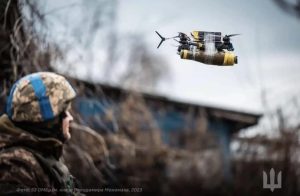


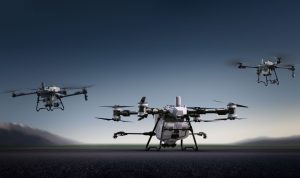
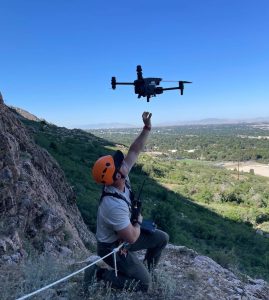
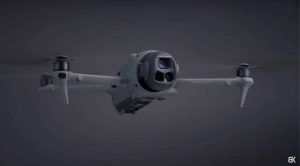
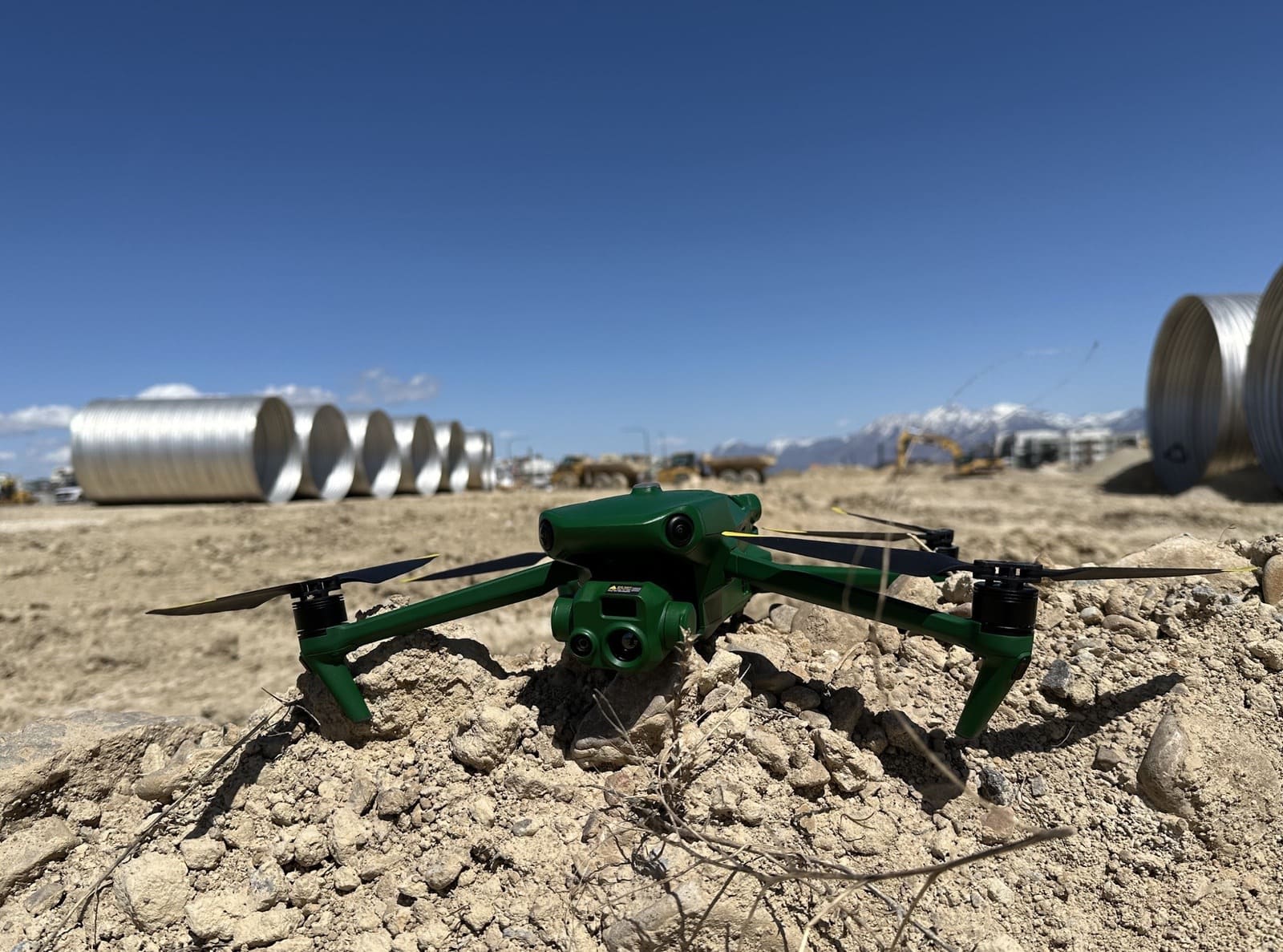






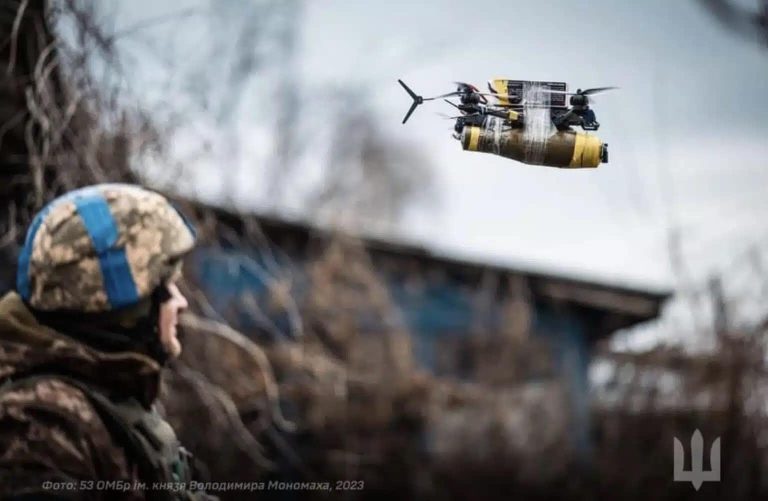


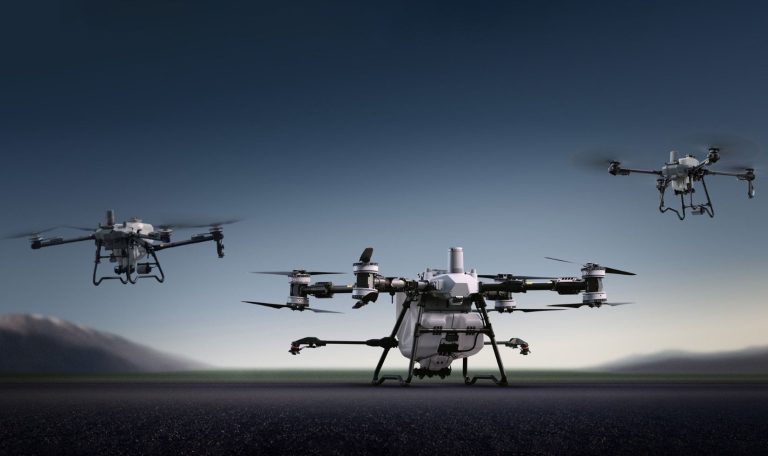
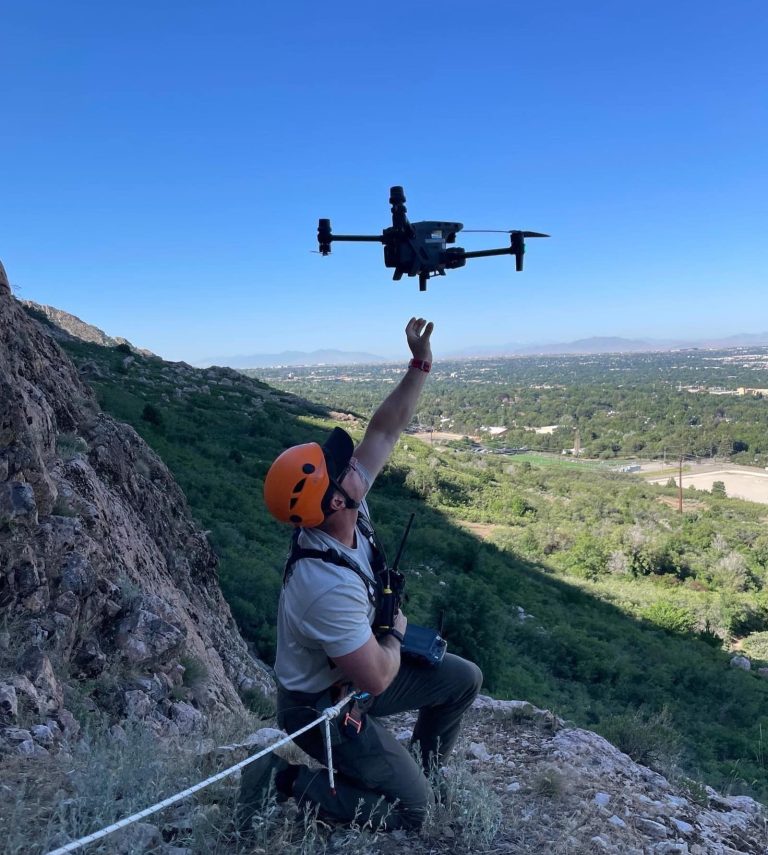
+ There are no comments
Add yours